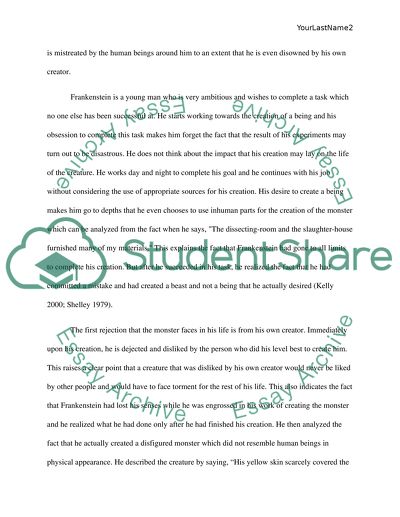Cite this document
(“Research paper on Mary Shelly's novel Frankenstein Essay”, n.d.)
Retrieved from https://studentshare.org/english/1423523-research-paper-on-mary-shelly-s-novel-frankenstein
Retrieved from https://studentshare.org/english/1423523-research-paper-on-mary-shelly-s-novel-frankenstein
(Research Paper on Mary Shelly'S Novel Frankenstein Essay)
https://studentshare.org/english/1423523-research-paper-on-mary-shelly-s-novel-frankenstein.
https://studentshare.org/english/1423523-research-paper-on-mary-shelly-s-novel-frankenstein.
“Research Paper on Mary Shelly'S Novel Frankenstein Essay”, n.d. https://studentshare.org/english/1423523-research-paper-on-mary-shelly-s-novel-frankenstein.


